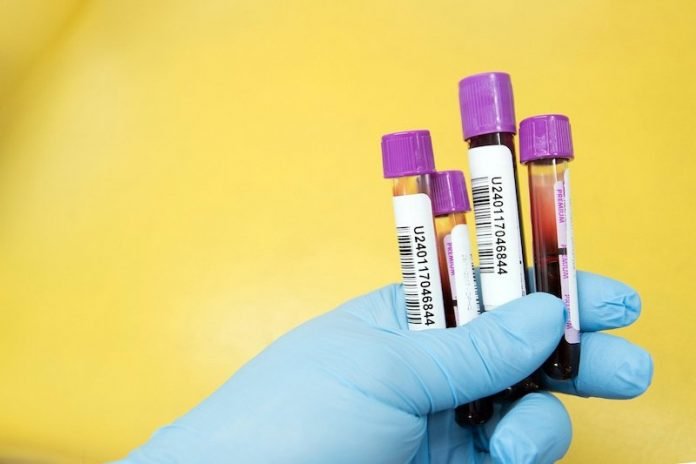
In a new study, researchers developed a new type of antibody test.
Compared to the binary antibody tests used today, this rapid test can give more detailed information on how our immune systems react to COVID-19 and other types of viruses and bacteria.
The research was conducted by a team at Linnaeus University and the bioanalysis company Attana.
The research groups are currently evaluating a new diagnostic platform with the name AVA (Attana Virus Analytics).
Tests have been conducted through serum, plasma, and full blood analyses to study individuals’ immune response to SARS Cov-2 and the bacteria clostridium tetani, which causes tetanus.
The samples have been collected from both the bend of the arm and from finger sticks with promising results, which enables easy sampling where results can be ready in 15 minutes.
This new platform helps researchers obtain a detailed picture of what antibodies are present and how strongly they interact with COVID-19.
This can help decide who needs to take the vaccine and how well an individual has responded to a vaccine, the team says.
AVA gives a more nuanced picture of how our immune systems react to different types of viruses and bacteria than the binary tests that are used today.
A unique thing about AVA is that the diagnostics platform not only ensures that an antibody test is correct, it can also offer insights concerning the sustainability of immunity.
By collecting data on the quantity and quality of antibodies in a sample and then comparing these with samples taken at a later time, an immunity development profile can be established.
AVA also offers laboratories the opportunity to validate already existing test results with great accuracy.
The platform can assist decision-makers concerning, for instance, recommendations, restrictions, and vaccination.
Better tests for antibodies will impact at all levels, from individuals to authorities as well as for companies and society at large.
Linnaeus University successfully collaborated with Attana for more than ten years now and this is one of the most significant projects to date.
One researcher of the study is Ian Nicholls, a professor of chemistry at Linnaeus University.
Copyright © 2020 Knowridge Science Report. All rights reserved.



